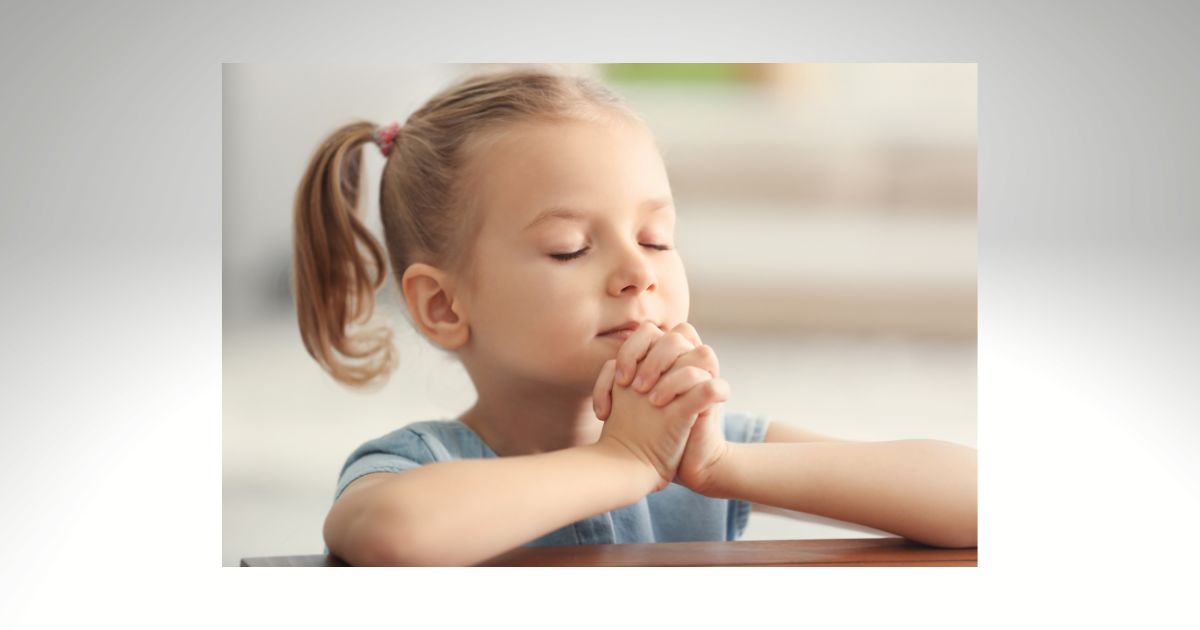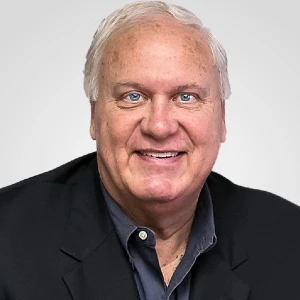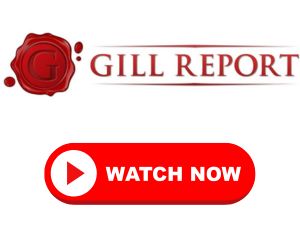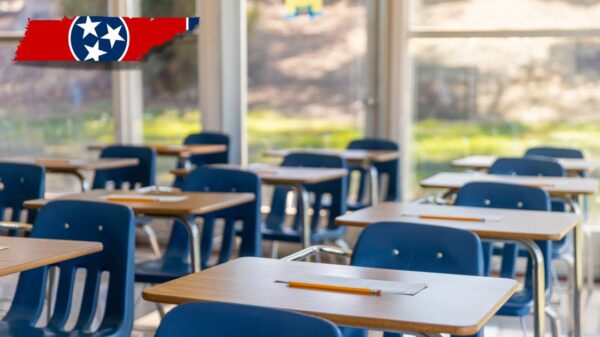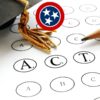A coach at Northwest High School in Montgomery County was removed by the principal during halftime of a recent game. Coach Trey Campbell, a volunteer assistant coach, left amid concerns the principal expressed about “proselytizing.” The school now claims he left voluntarily, but some students and parents feel he was simply praying with players who chose to join him and did nothing wrong. This word the incident has spread through the school, many students have responded by bringing their Bibles and publicly brandishing them at the school in support of the coach.
Did his alleged transgression require immediate action? The coach brought a Bible to a game and may have led a prayer for players who volunteered to participate. This act has sparked controversy and a timely conversation about the extent to which public schools can restrict religious expression.
President Donald Trump has announced that the Department of Education will soon issue new guidance to protect prayer in public schools. The First Amendment goes to the heart of who we are as a nation. It guarantees freedom of speech, expression, and association for all, including public officials. School board members, teachers, and coaches have the right to express their beliefs and engage in personal religious practices, even in schools and public settings.
The Establishment Clause was never meant to create sterile, religion-free zones. It exists to prevent the government from favoring one religion over another or, worse, imposing “religion” or opposing religious practices. All voices must be heard in the public square, not just those approved by the government.
There is widespread confusion about the Establishment Clause. It does not require schools to be policed as religion-free zones. On the contrary, when teachers act privately, even on school grounds and during school hours, their freedoms should not be curtailed. The Supreme Court has made that clear for other government workers. See Lane v. Franks, 134 S. Ct. 2369 (2014); Garcetti v. Ceballos, 547 U.S. 410 (2006).
The Supreme Court recently upheld the right to personal religious expression. Consider the 2022 case of Coach Joe Kennedy, the former coach who knelt in prayer after games (Kennedy v. Bremerton School District, 597 U.S. 507).
Players asked if they could join Coach Kennedy. The coach replied that it’s a “free country” and they can “do what [they] want.” An opposing coach commented, “Each activity has been voluntary. While students and others have either been invited or allowed to join in, you have not actively encouraged or required participation.”
Coach Kennedy requested a religious accommodation to kneel and say a brief, quiet, personal prayer on the field after football games concluded. The Bremerton School District then banned any employee from engaging in any “demonstrative religious activity” that is “readily observable to…students and the attending public.” It offered to “accommodate” Coach Kennedy by having him pray secretly in a location like the “press box.”
Subsequently, the Supreme Court ruled that schools must respect religious expression. According to the opinion, “Respect for religious expressions is indispensable to life in a free and diverse Republic—whether those expressions take place in a sanctuary or on a field, and whether they manifest through the spoken word or a bowed head.” The opinion added: “The Constitution neither mandates nor tolerates that kind of discrimination.”
People should practice their faith without fear of risking their jobs or reputations.
Groups such the ACLU and Americans United for Separation of Church and State recognize the importance of events like See You at the Pole. These events promote voluntary prayer among students, showing that religious expression in schools enriches our educational landscape.
Individual, voluntary prayer is a protected freedom. It enhances the character and values of students, creating a space for young people to share their beliefs and engage in meaningful conversation. Mutual respect grows from this. As Charles Haynes said, “Far from being ‘kicked out,’ God goes to school today through the First Amendment door.”
As this issue unfolds, communities must engage in open dialogue about religious expression in education. Conversations born from this incident can lead to reflection and growth. Our freedoms, including the freedom to pray, are fundamental. We expect new guidance from the United States Department of Education soon.
Faith has always defined us as a nation. Public education must remain a place where diverse beliefs coexist. It enriches the experience for all students and our culture, and both the religious and non-religious should fight to protect the freedoms enshrined in our Constitution.
JC Bowman is the executive director of Professional Educators of Tennessee. He is contributing education editor for TriStar Daily.

